TMJ DISCOMFORT
CLENCHING, GRINDING, AND JAW PAIN
UNDERSTANDING TMJ DISORDERS AND JAW PAIN
The temporomandibular joint (TMJ) is the joint that connects your jaw to your skull, enabling movement for chewing, speaking, and yawning. When this joint is misaligned or compromised, it can lead to TMJ disorder (TMD), a chronic condition that may cause headaches, jaw pain, shoulder tension, clicking or popping sounds in the jaw, difficulty opening or closing the mouth, and even tinnitus (ringing in the ears). TMD can develop over time due to teeth grinding (bruxism), jaw injuries, stress, arthritis, or improper bite alignment. Addressing TMD early can help prevent long-term discomfort and complications.
TEETH GRINDING,
CLICKING, AND LOCKED JAW
Many individuals unknowingly grind or clench their teeth, especially during sleep, which can lead to tooth wear, fractures, jaw soreness, and even tooth loss over time. Bruxism can be linked to stress, misaligned teeth, sleep disorders like sleep apnea, or other underlying dental issues. If you frequently wake up with headaches, jaw pain, or notice excessive tooth wear, it’s essential to consult our dentist to assess signs of grinding and discuss potential treatments such as a custom night guard.
If you experience clicking, popping, or locking in your jaw, this could indicate a temporomandibular joint disorder (TMD). This condition arises when the joint becomes inflamed or misaligned due to injury, arthritis, or excessive strain on the jaw. While mild cases can sometimes be managed with lifestyle adjustments such as avoiding gum chewing, reducing stress, eating soft foods, and using anti-inflammatory medications, more severe cases may require professional intervention to restore proper jaw function.
TREATMENT FOR
TMJ DISORDERS AND BRUXISM
When you visit our office, we will conduct a thorough oral examination, panoramic X-rays, 3D scans, and high-definition photos to determine the cause of your discomfort. Based on the findings, we may recommend:
- Orthodontic Treatments: Braces or orthodontic appliances may help correct misaligned bites and reposition the jaw for better function.
- Night Guards: A custom-fitted occlusal splint or night guard can protect your teeth from grinding and relieve stress on the jaw joint.
- Physiologic Bite Correction: A temporary oral appliance worn for 2-3 weeks may help establish a natural jaw position, followed by dental crowns to restore the correct bite alignment.

